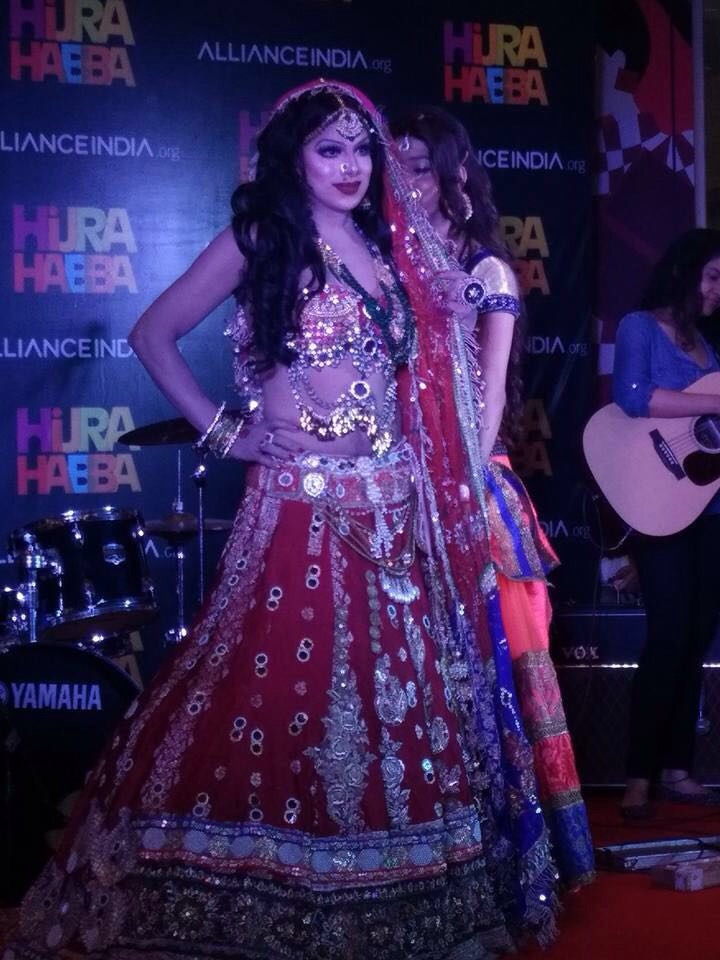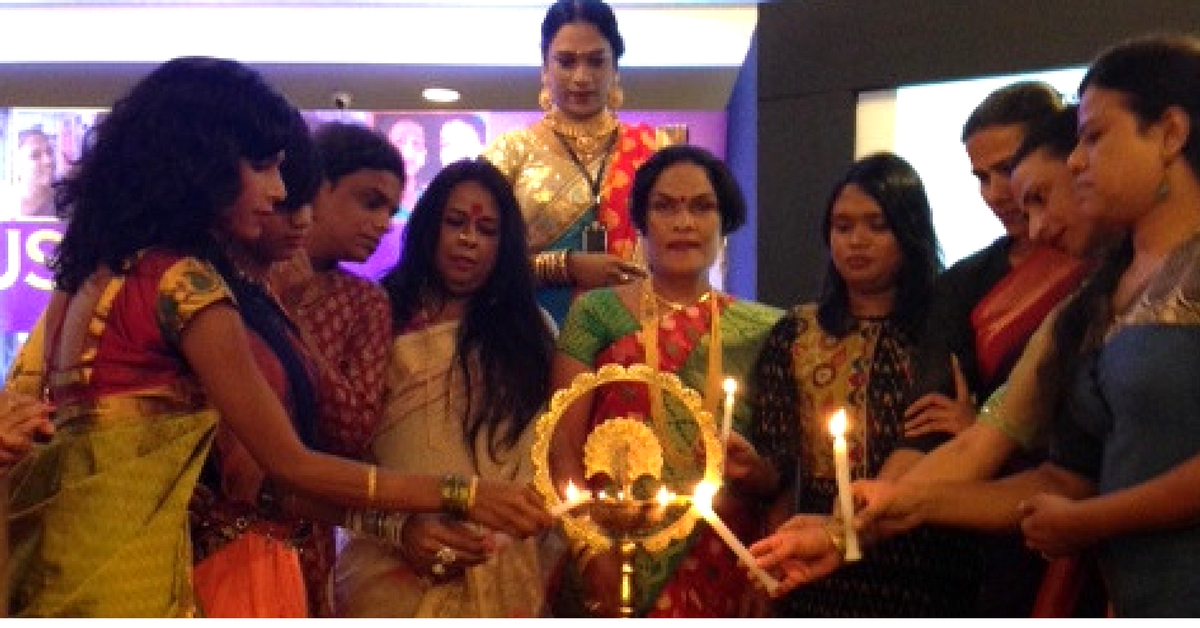“I’m neither a boy nor a girl. I am a transformed man,” says 28-year-old Keaaviiraag Poddar. Assigned female at birth, Poddar has just begun the process of getting a sex reassignment surgery in July this year. This has been a big step for Poddar, who had to face stiff opposition from his father.
“I belong to an orthodox, religious family in Siliguri, West Bengal. My father can’t understand why his daughter wants to become a man. He boasts about my academic achievements of being a double MA and now pursuing Masters in Business Management (MBA) from IIT Kolkata. But I want him to be equally proud, just as I am, of being a man. Once my sex change is complete, I am confident he will accept me as his son,” he says.
Poddar is not the only transgender person awaiting familial and societal acceptance. However, that doesn’t mean he is ashamed of his identity.
When the transgender community was enumerated for the first time during the 2014 census, only about five million came forward to reveal their identity. Human rights campaigners say the real number may be far higher, but the stigma and fear prevents them from coming out.
Realising that a change of strategy was needed to reach out to all those who still live in fear, the India HIV/AIDS Alliance, a Delhi-based not-for-profit working for human rights of key populations vulnerable to HIV, came up with a novel plan in collaboration with the trans community.
It was decided that at the fifth Hijra Habba, an annual gathering of transgenders in Delhi, they would, for the first time, present music and dance shows and exhibit and sell their art and craft.

Additionally, finalists at the 2017 Miss Trans Queen contest held earlier this year would walk the ramp. All these were held at a popular city mall to publicly showcase their abilities.
“Although we had been able to build the confidence of the community and influence policy makers to come up with Transgender Person Protection Bill, 2016, it was clear that unless public opinion changed, nothing would change for the transgender community. So, this year’s Hijra Habba was based on the theme of equality and equity to reiterate that all citizens are equal. We also wanted to dispel prejudices against the community by showing their talent and intelligence. Holding these events at the mall was strategic because the mall authorities were very supportive, unlike many places that are usually reluctant to host hijras. Also, the footfall here is huge over the weekend and a lot of them are young people,” says Sonal Mehta, executive director, India HIV/AIDS Alliance.
This was good thinking.
It is not every day that groups of brightly dressed hijras and trans women congregate in a shopping mall.
It was certainly the first time that 14-year-old Chhavi Arora saw them when she visited the mall with her parents this Friday. She was curious to know more. “I told her that the hijra community is not different from other people. So, we have come to their stalls to appreciate their talent and buy their handicrafts. It is events like this that allow us to interact with them and break our misconceptions,” says Sarika Arora, Chhavi’s mother.
Changing public perception through shows and events was one part of their strategy. Equal importance was given to engaging the 200 transgender and hijra leaders participating from across the country with government officials, legal experts and activists. They discussed how the National Legal Services Authority (NALSA) judgment on transgender identity and the Transgender Persons (Protection Of Rights) Bill, 2016, could be used to push for social welfare interventions and to reduce discrimination and violence.
These consultations come in the wake of a recently released study entitled Legal Gender Recognition of Transgender People: A Multi-Country Legal and Policy Review in Asia by UNDP and the Asia Pacific Transgender Network (APTN). It found that a vast majority of transgender people across the region were unable to obtain any official identification documents that reflect their gender identity.
This lack of gender recognition fosters widespread social exclusion, stigma, discrimination and violence.
A lack of legal gender recognition remains one of the most significant barriers to social inclusion, access to health and social services says Nadia Rasheed, Team Leader, HIV, Health and Development Team of UNDP in Asia Pacific.
In India too, the definition of a transgender individual and the procedure required for their recognition is problematic, according to Tripti Tandon of Lawyers Collective. With the Bill expected to come up for discussion in the winter session of Parliament in December this year, it was important to discuss the report of the Parliamentary Standing Committee on Social Justice and Empowerment on the Transgender Persons Bill to plan future advocacy initiatives.
While Ashok Sajwan, director of Parliamentary Affairs and in charge of drafting the standing committee report, admits the Bill in its present form was not as effective as it should have been, he says the committee had tried to address the gaps. He lauded the trans community saying it was only because of their advocacy that the Bill had come about. Many of their (community’s) suggestions including that of instituting a national body on the lines of the national commission for women, had been recommended in the committee report, he says.
(Written by Swapna Majumdar)
Like this story? Or have something to share?
Write to us: contact@thebetterindia.com
Connect with us on Facebook and Twitter.
NEW: Click here to get positive news on WhatsApp!
If you found our stories insightful, informative, or even just enjoyable, we invite you to consider making a voluntary payment to support the work we do at The Better India. Your contribution helps us continue producing quality content that educates, inspires, and drives positive change.
Choose one of the payment options below for your contribution-
By paying for the stories you value, you directly contribute to sustaining our efforts focused on making a difference in the world. Together, let's ensure that impactful stories continue to be told and shared, enriching lives and communities alike.
Thank you for your support. Here are some frequently asked questions you might find helpful to know why you are contributing?

